Search Contract Jobs*
Hello!
You’re now leaving the Expedia Group careers site and will be directed to our supplier partner’s website to explore and apply for contract job opportunities with Expedia Group. The website is operated by Expedia Group’s employment partner.
*currently only offered in USA & UK
Jobs
Search Expedia Group Jobs
Top 10 Things to Know Before Traveling to Africa
By Kira West, Global Inclusive Marketing & Social Impact Brands Lead and Black Expedia Allied Movement President
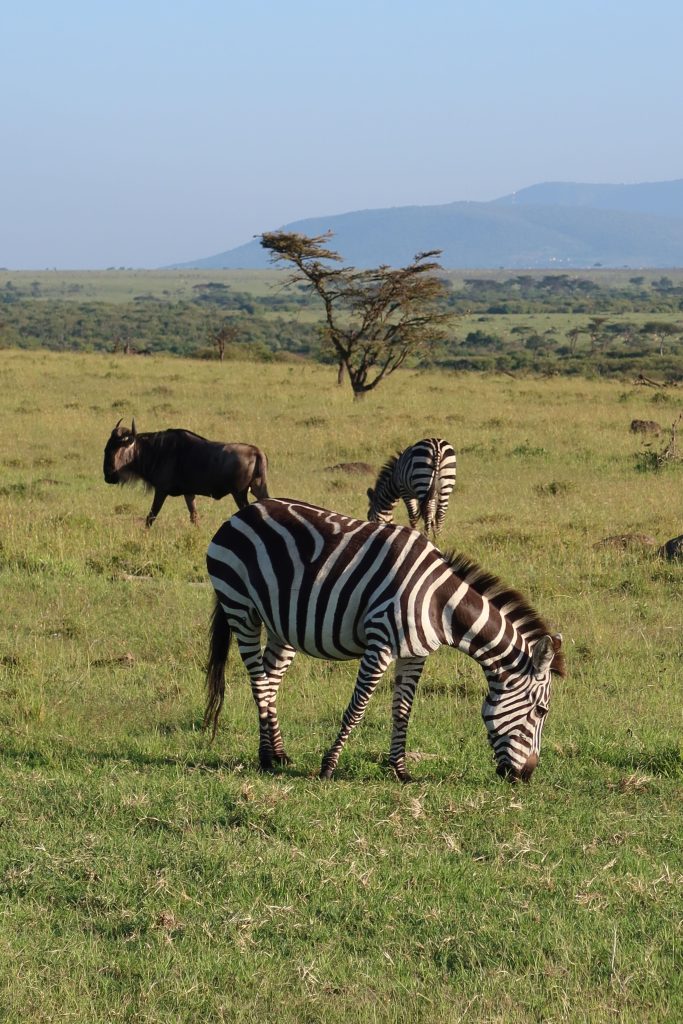
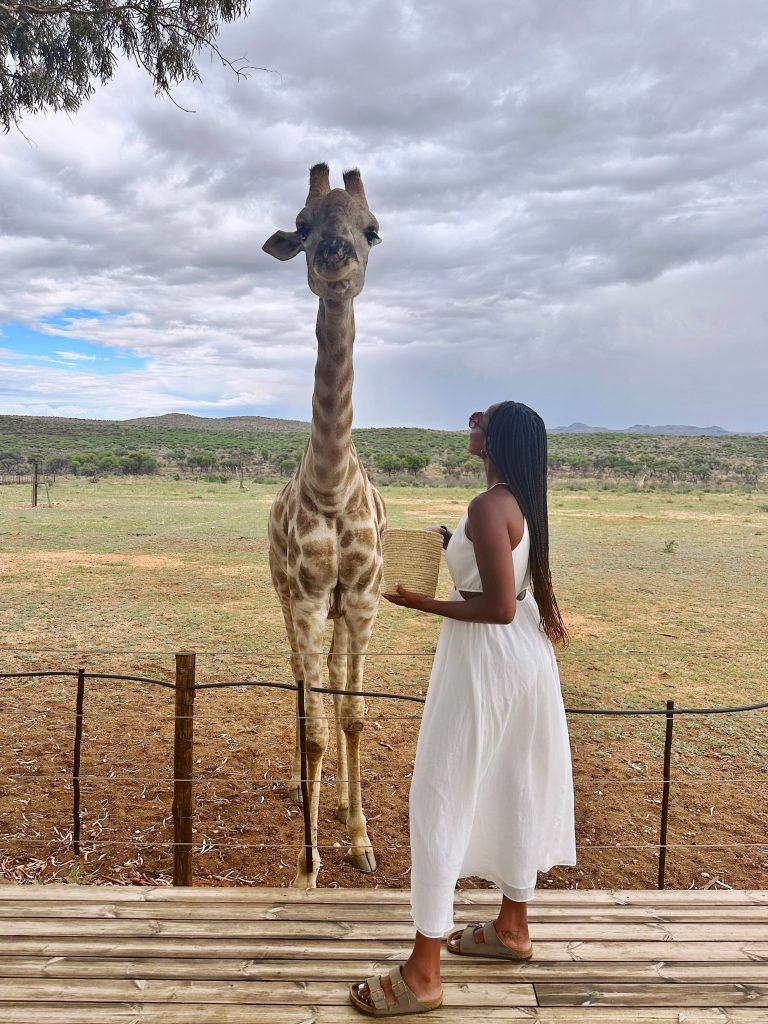
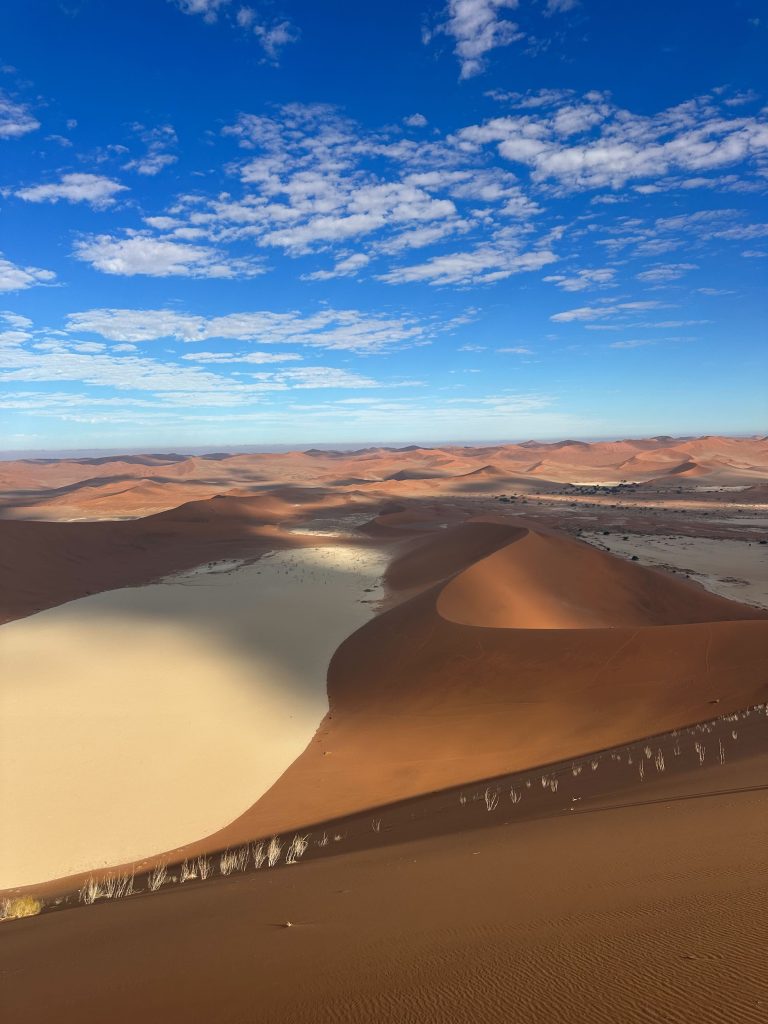
So you want to travel to Africa but you don’t know where to begin? I just got back from an epic trip to several countries on the continent so I got you!
Embarking on a journey to Africa is an exciting and enriching experience. With its diverse landscapes, vibrant cultures, and incredible wildlife, the continent offers a unique adventure for travelers. I decided to visit Kenya, Uganda, Mozambique and Namibia for my honeymoon and we had an amazing time. Before you head out for your trip it’s important to be prepared, honestly the prep isn’t too much different than what you might do for most trips.
Here are the top 10 things you should know before traveling to Africa to ensure a smooth and enjoyable trip.
- Visa and Entry Requirements:
Before planning your trip, research the visa and entry requirements for the specific country or countries you plan to visit. Each nation may have different regulations, so it’s essential to obtain the necessary visas and permits well in advance. I will share visa-free countries and top countries to visit in another post. More and more countries are adjusting their visa requirements which is making it even easier to travel. - Health Precautions:
Africa is home to various tropical diseases, although this is not the case depending on where you’ve visiting. It’s crucial to consult with a healthcare professional and know which exact regions you’re visiting so you can get the best advice about vaccinations and health precautions. Carry necessary medications, insect repellents, and be cautious about food and water safety. - Cultural Sensitivity:
Africa is incredibly diverse, with numerous ethnicities and cultures. Be respectful and aware of local customs and traditions. Dress modestly when required, ask for permission before taking photos, and learn a few basic phrases in the local language to show respect. - Currency and Payment Methods:
Familiarize yourself with the local currency and exchange rates. While credit cards are widely accepted in urban areas, it’s advisable to carry some cash, especially when traveling to more remote locations. - Transportation and Infrastructure:
Understand the transportation options available in the region you’re visiting. Africa has a range of transportation methods, from well-developed infrastructure in some areas to more challenging conditions in others. Plan accordingly and be flexible with your travel arrangements. Note, getting around the continent can be a challenge so look at flights before you plan around certain countries. - Wildlife Safaris:
If you’re planning a safari, research the best time to visit for optimal wildlife viewing. Understand the park regulations, follow ethical guidelines, and hire reputable guides to make the most of your safari experience. I would also highly recommend staying in a park or conservancy for a few nights to make the most of your experience. - Weather and Climate:
Africa’s climate varies widely, from deserts to tropical rainforests. Check the weather conditions for your specific destination and pack accordingly. Be prepared for sudden changes in temperature and weather patterns. If you’re going to a more remote location that requires flying on a small plane, make sure you have a duffle bag to pack clothes for that leg of the trip in. - Safety Tips:
Prioritize your safety by staying informed about the current political situation, local customs, and potential risks. You’d be surprised by just how many countries in Africa are considered safer by the US Government than some of the places Americans frequent in the Caribbean. I say that to remind you to fact check before you write off a country. Keep your belongings secure, avoid displaying valuable items, and be cautious when exploring unfamiliar areas. I decided to keep my wedding ring at home and we both wore these simple gold bands from amazon that were less than $20, here’s HIS and HERS. - Local Cuisine:
Explore the diverse and delicious African cuisine, but be mindful of your dietary preferences and any potential food allergies. Street food can offer an authentic experience, but definitely has it’s risks depending on where you are on the continent. Some countries, like Namibia have water you can drink straight from the tap while others like Uganda require filtration. - Connectivity and Communication:
Check the availability of internet and mobile network coverage in the areas you plan to visit. Note, some areas especially those that are remote may not have good service but it’s a great time to unplug and relax. Purchase local SIM cards for better connectivity and use communication apps to stay in touch with family and friends. Love that phones have electronic sim cards now because it is so easy to switch and add new countries, I will usually get my sims from HolaFly. This time around I got a VPN (Express VPN) to watch shows.
By being well-prepared and also being mindful of how culturally diverse the continent is will help you make the most of your journey through Africa. When it comes to Africa, don’t believe half the stuff you’ve heard and go see it for yourself. Embrace the diversity, engage with local communities, and savor the unique experiences this incredible continent has to offer. Safe travels!
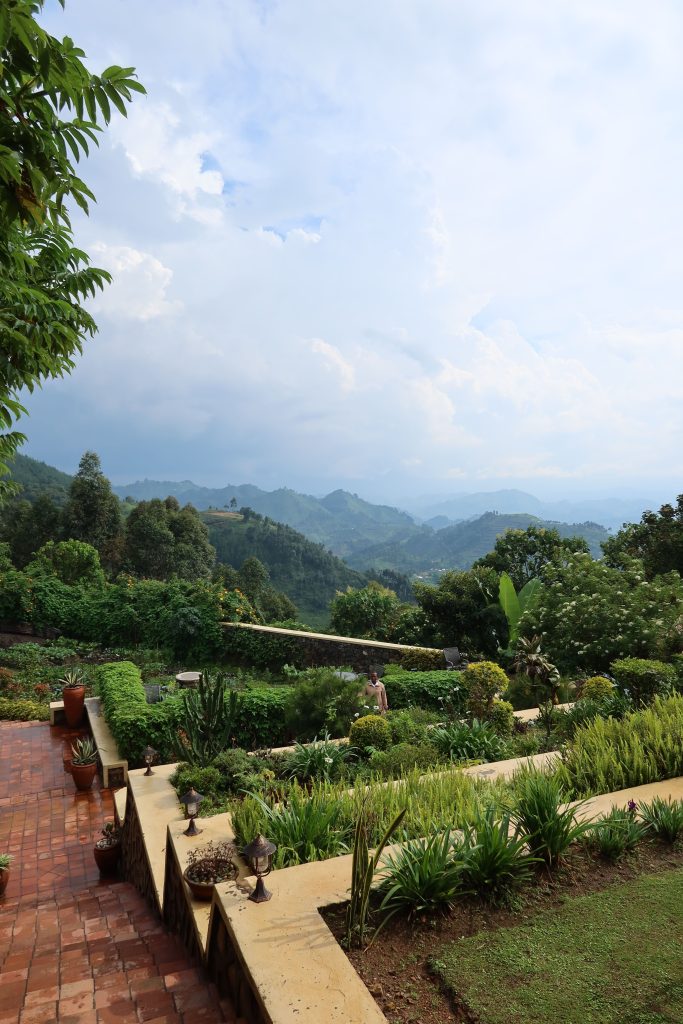

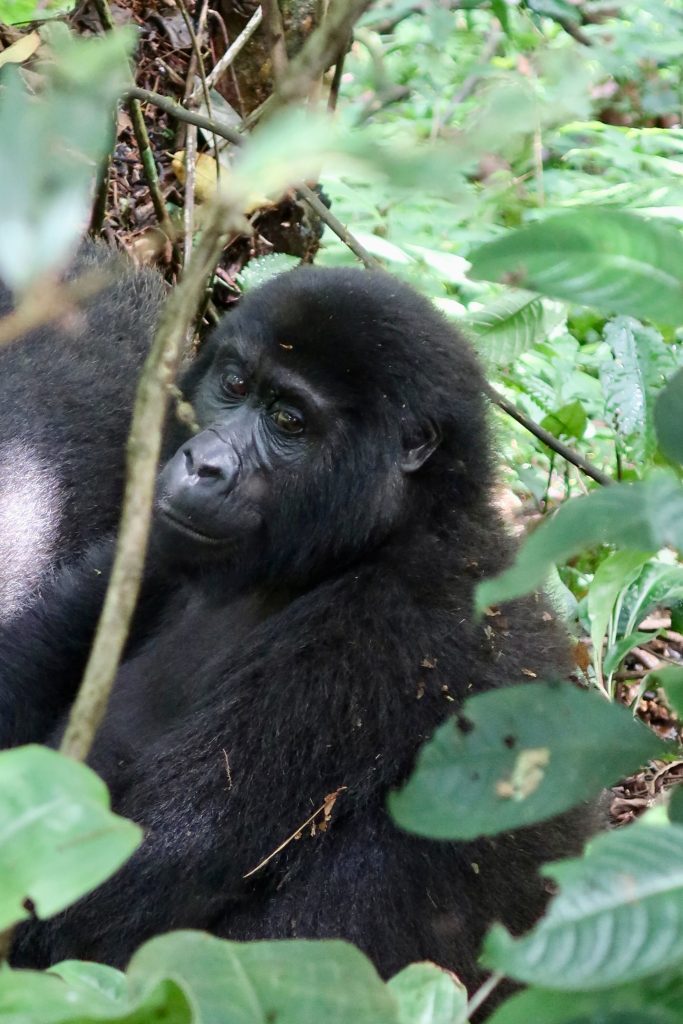
Join our Career Network
We’re looking for outstanding talent to join us on our mission to power global travel for everyone, everywhere. By joining our career network, you’ll have exclusive access to our latest opportunities, events, interview advice, and global insights from our Expedia Group leaders. Sign up now!
